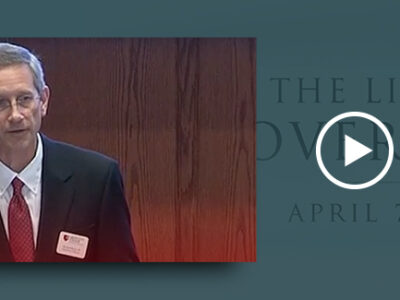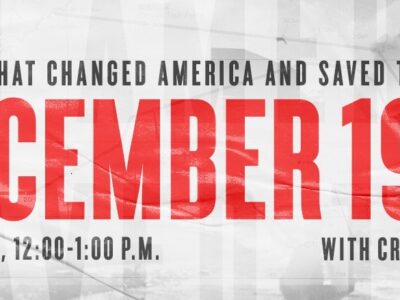– Carl von Clausewitz (On War, Book Two, Chapter Two)
War is quintessentially a human endeavor. From microbes to grizzly bears, every other creature kills instinctively. Humans are different. Some kill for profit, others to satisfy sexual urges and too many kill out of religious conviction. Killing to achieve political goals is called “war.” The bloodiest wars are about ideology and religion.
The kneeling, bound and blindfolded victim in an orange jump suit fidgets. He appears to be speaking. Is he pleading? Perhaps praying? Or, knowing the horror that the black-clad figures ranting in the background will soon inflict upon him, does he babble incoherently from unfathomable fear and dread? Suddenly a terrorist brandishes his knife, others drop their
AK-47s and seize the victim. The knife flashes, the victim’s scream is cut short as the newscaster fills in the details.
“The Islamic group Unification and Jihad, which claims loyalty to Jordanian-born terrorist leader Abu Musab al Zarqawi, claimed responsibility for Eugene Armstrong’s killing.” The rest of the story follows. A widow weeps. Family members and friends attest to the victim’s humanity. The newscaster relates Unification and Jihad’s promise that additional beheadings will follow…and they have. Many horrified viewers wonder if this war is worth such pain.
The murder of Eugene Armstrong, like slaughters before and others sure to come, are coldly calculated acts of political theater. After watching the story on the evening news my wife asked what might stop these atrocities. An angry initial response erupted out of my basest human instincts for revenge. “Take ten prisoners from Abu Ghraib. Shoot them with bullets dipped in pork fat. Wrap their bodies in pig carcasses then bury them in pig blood-soaked graves with their feet pointed toward Mecca. Send the video to al Jazeera. Do that for every person they murder and these animals will get the message.” Frankly, I feel really good imagining this response.
But it’s the wrong response. It’s wrong not because it appalls those kind-hearted and well-meaning folks who protest, “That brings us down to their level!” Perhaps it does, but what makes these people think that a society which sanctions the killing of unborn children, glorifies violence in its entertainment, defends pornography as a right of free speech, exiles religion from the public square and debates the moral efficacy of same sex marriage, bestiality and euthanasia is on a higher level from one that beheads people dubbed “infidels”? These murderers kill with such alacrity because they believe killing infidels fulfills a divine mandate.
The objective of war is to break the enemy’s will. The purposeful and effective use of legally-sanctioned violence demands we bind our passions. Hatred, always morally wrong, in war is militarily counter-productive. The United States and its allies cannot countenance distractions like those generated by the comparatively mild mistreatments inflicted at Abu Ghraib. (Remember how the My Lai massacre eroded public support for the Vietnam War.) It will take good intelligence coupled with unrelenting, determined hard work to hunt down and kill the terrorists who slaughter innocent people. Passions generated by hatred might hamper that process.
Meanwhile, what can be done to put an end to these slaughters? First, the media must stop cooperating with the murderers. Terrorism needs television coverage to succeed. Each televised beheading provides millions of dollars in free advertising to support groups like Unification and Jihad. Televised beheadings both generate funds and aid in recruiting.
Post-modern terrorism is theater. Televised pleas from family members add to the drama by emphasizing the human dimensions of the tragedy. Terrorists get instant affirmation validating their tactics, which encourages additional kidnappings and beheadings. Finally, at the strategic level, terrorism is an asymmetric approach our enemies use to attack our national will and resolve. Media coverage is fundamental to the success of this strategy. Accordingly, the media should limit its reporting to the barest possible facts.
Second, every legitimate effort must be made to exterminate the mad dogs responsible for these atrocities. The search must be relentless and as ruthless as necessary; the result both inevitable and invariable.
Third, we need to attack the terrorists psyche. War is two-thirds to three-fourths mental and one-third to one-fourth physical. While doing so would be beyond the pale of morality and the US should never countenance such behavior, every terrorist should fear he might, indeed, leave this life wrapped in a pig’s carcass and buried in a pig blood-soaked grave, with his feet pointed toward Mecca. We already know the evil of which these terrorists are capable; let them worry about the worst “the Great Satan” hypothetically might do.
Winning in warfare is a matter of sound strategy supported by will and resolve. The stakes in this war are enormous. If we lose, all our Judeo-Christian traditions of human dignity and freedom of expression also will be lost. The media needs to get behind a war that must be won.




